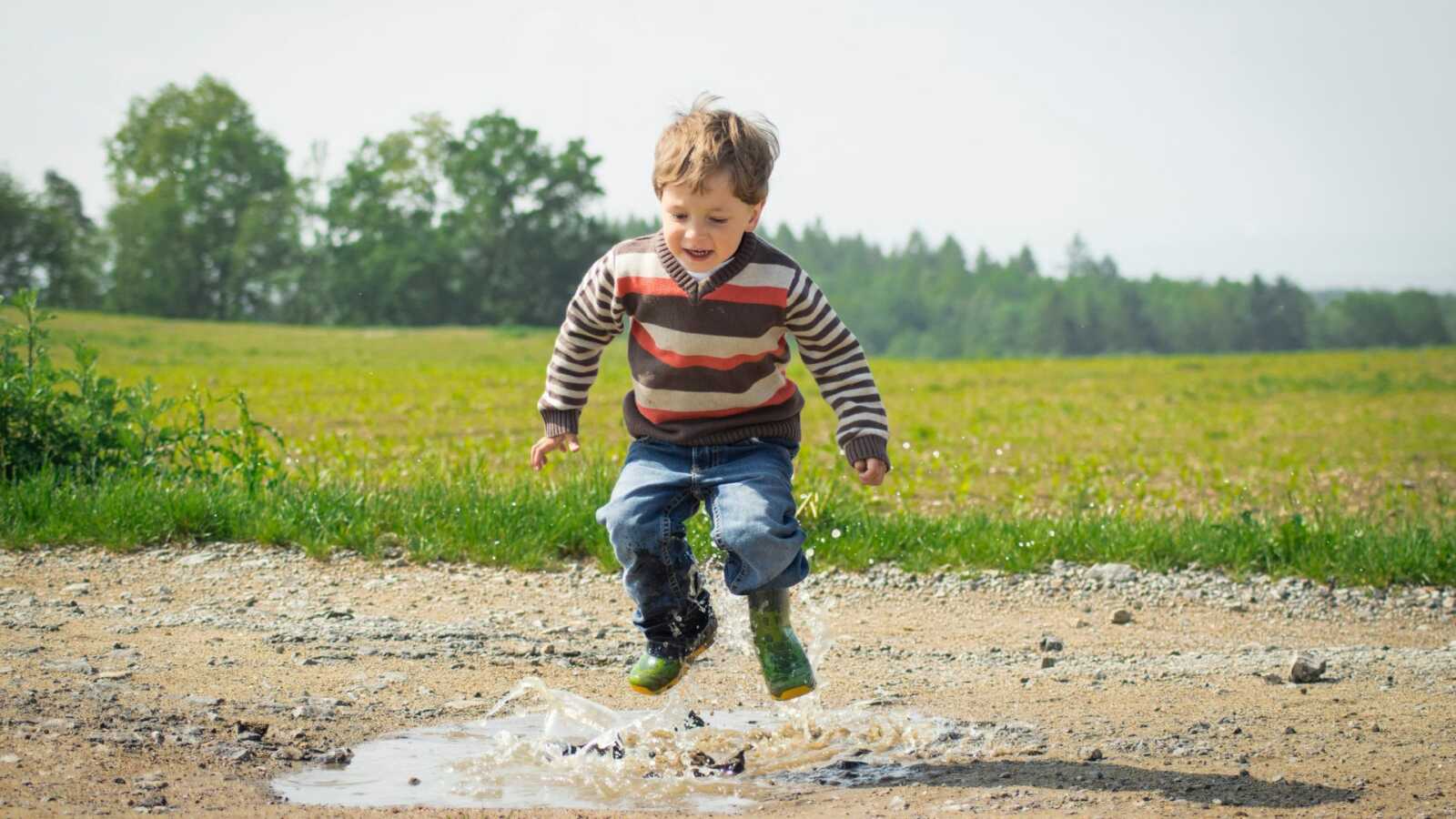Encouraging kids to learn outside of the traditional classroom setting can be both fun and beneficial. Engaging with the environment allows children to develop a sense of curiosity and adventure. Here are 11 fun outdoor learning activities that can help children explore, learn, and grow:
1. Nature Scavenger Hunt: Create a list of items for kids to find in nature, such as a feather, a rock shaped like a heart, or a flower of a specific color. This activity encourages observation skills and appreciation for the environment.
2. Gardening Project: Start a small garden where kids can plant seeds, nurture growing plants, and observe the life cycle of various plants. Gardening teaches responsibility and the basics of botany.
3. Weather Station: Set up a simple weather station with a thermometer, rain gauge, and anemometer to measure wind speed. Kids can record the weather daily and learn about climate patterns.
4. Animal Watching: Go on an animal-watching excursion in a park or forest preserve. Equip kids with binoculars and reference books so they can identify local wildlife and learn about different species’ habitats.
5. Map Reading and Orienteering: Teach children how to read maps and use compasses. Set up an orienteering course in an open area where they have to find their way between checkpoints.
6. Nature Art: Collect leaves, twigs, pinecones, rocks, etc., and create artworks such as collages or sculptures. This activity stimulates creativity while highlighting nature’s beauty.
7. Star Gazing: Explore astronomy by observing the night sky. Identify constellations and learn about planets and stars. Use telescopes for an enhanced experience.
8. Environmental Clean-Up: Organize an environmental clean-up day at a local park or beach where kids can learn the importance of caring for our planet whilst actively making a difference.
9. Outdoor Classroom Day: Take regular indoor subjects like math or history outside by having themed lessons in local historical sites or using nature elements to solve mathematical problems.
10. Insect Habitat Investigation: Build an insect hotel or simply search for bugs under rocks and logs. Studying insects offers insights into biodiversity and ecosystems.
11. Water Cycle Exploration: Use bodies of water nearby, like streams or lakes, to demonstrate evaporation, condensation, precipitation, and collection phases of the water cycle hands-on.
Each activity is designed not only to be educational but also to instill in children the love for learning outside traditional environments while building valuable cognitive skills such as problem-solving, team building, observation skills through practical experiences with nature’s wonders.





